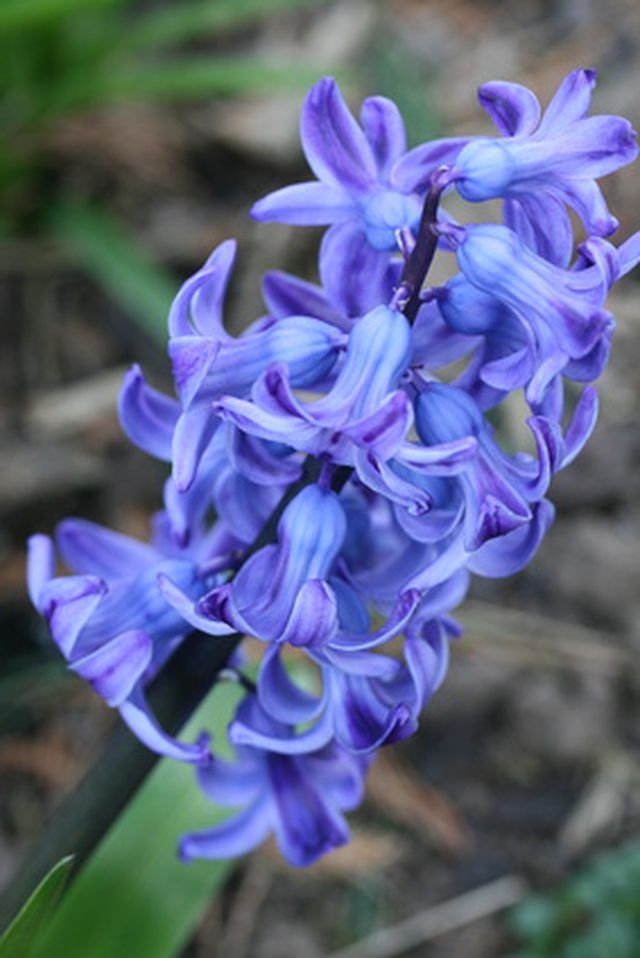Bulbs
Flower Basics
Flower Beds & Specialty Gardens
Flower Garden
Garden Furniture
Garden Gnomes
Garden Seeds
Garden Sheds
Garden Statues
Garden Tools & Supplies
Gardening Basics
Green & Organic
Groundcovers & Vines
Growing Annuals
Growing Basil
Growing Beans
Growing Berries
Growing Blueberries
Growing Cactus
Growing Corn
Growing Cotton
Growing Edibles
Growing Flowers
Growing Garlic
Growing Grapes
Growing Grass
Growing Herbs
Growing Jasmine
Growing Mint
Growing Mushrooms
Orchids
Growing Peanuts
Growing Perennials
Growing Plants
Growing Rosemary
Growing Roses
Growing Strawberries
Growing Sunflowers
Growing Thyme
Growing Tomatoes
Growing Tulips
Growing Vegetables
Herb Basics
Herb Garden
Indoor Growing
Landscaping Basics
Landscaping Patios
Landscaping Plants
Landscaping Shrubs
Landscaping Trees
Landscaping Walks & Pathways
Lawn Basics
Lawn Maintenance
Lawn Mowers
Lawn Ornaments
Lawn Planting
Lawn Tools
Outdoor Growing
Overall Landscape Planning
Pests, Weeds & Problems
Plant Basics
Rock Garden
Rose Garden
Shrubs
Soil
Specialty Gardens
Trees
Vegetable Garden
Yard Maintenance
Allergy to Hyacinths
Allergy to Hyacinths. The hyacinth is a bulb flower that blossoms in the spring. The bulb, sap and leaves of the hyacinth contain allergenic components. When these components are touched or ingested, they can cause an allergic reaction.

The hyacinth is a bulb flower that blossoms in the spring. The bulb, sap and leaves of the hyacinth contain allergenic components. When these components are touched or ingested, they can cause an allergic reaction.
Hyacinth Itch
The hyacinth bulb, sap and leaves contains an oil that contains many toxic elements. When this oil comes in contact with the skin, it can cause a condition known as "hyacinth itch."
Symptoms
According to SpookSpring.com, hyacinth itch can cause a rash, violent itching, inflammation and blisters on the skin. The blisters put the body at risk for further infection.
Ingestion
Hyacinths are also poisonous to humans and cattle, as explained by Weather.com. When consumed, hyacinth bulbs will cause vomiting, diarrhea and stomach cramps.
Treatment
An allergic reaction to a hyacinth bulb or flower should be treated immediately by washing the area thoroughly with warm water and mild soap. Severe allergic reactions should be referred to a physician for additional treatment.
Prevention
To prevent an allergic reaction, individuals should wear thick gloves while handling a hyacinth bulb or flower. After handling, the hands should be washed thoroughly and dried with paper towels that can be disposed of.